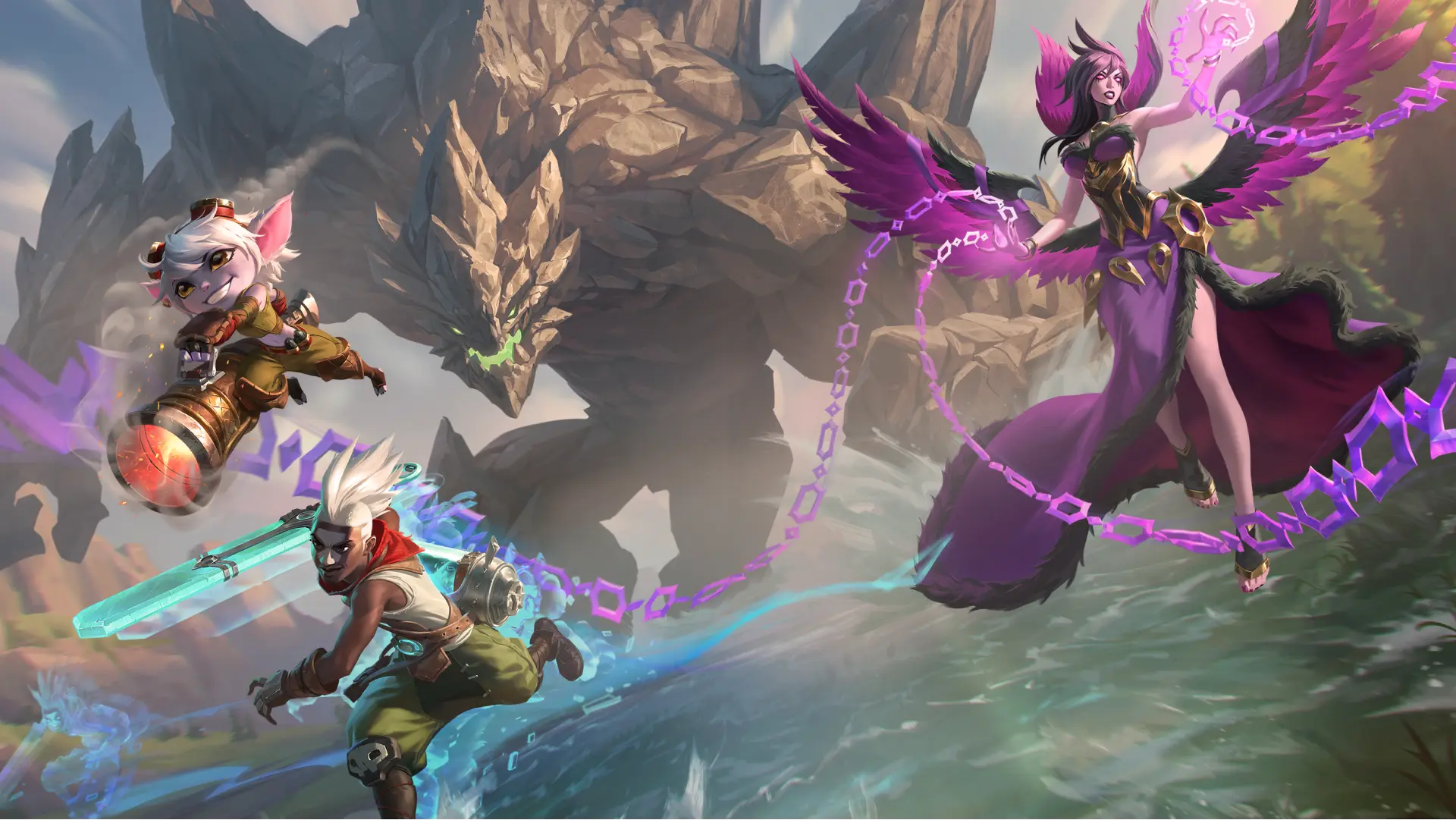Concord's Unraveling: A Short-Lived Journey
The landscape of the gaming industry can change rapidly, particularly for studios developing online multiplayer games. Firewalk Studios, after much anticipation, launched its first title, Concord, which unfortunately only lasted a mere two weeks before Sony decided to pull the plug. This abrupt termination raises questions about what went wrong and what can be learned from this experience.
The Quick Decline of Concord
Released on August 23, 2024, Concord was positioned as a first-person shooter that promised to innovate within the competitive genre. However, the game struggled with low player counts and engagement from the start. Analysts have cited several reasons for its downfall, including an unclear marketing strategy, a high price point, and a lack of distinctive features compared to contemporaries.
Sony's Decision-Making Process
Following the disappointing results of Concord, Sony Interactive Entertainment made the difficult decision to shutter Firewalk Studios. The closure was confirmed by studio leadership in an internal email that outlined the organization’s strategic goals and emphasis on moving forward with its core strengths in the gaming industry.
Impact on Employment and Industry Trends
Announcing studio closures comes with the heavy burden of job losses. Firewalk's closure, alongside the shutdown of Neon Koi, affects many talented individuals who are now facing uncertainty in a competitive job market. Sony expressed its intent to assist displaced employees in finding roles within its other studios.
Lessons Derived from Concord's Performance
The failure of Concord has led to a reflective moment in the gaming industry where studios must evaluate how they approach product development and audience engagement. Lessons learned from this experience can potentially guide future projects to avoid similar pitfalls.
Evolving the Live Service Gameplay Model
As the gaming landscape shifts towards live service models, understanding player expectations and delivering on them has become more critical than ever. This situation emphasizes the need for studios to invest in research and development while closely monitoring player feedback throughout the lifecycle of their titles.
The Competitive FPS Space
The first-person shooter genre is notoriously challenging with established titles dominating the market. New entries must not only provide robust gameplay but also unique elements that captivate players. For Firewalk, the pressure to innovate within this space was immense, and unfortunately, Concord failed to meet these expectations.
Industry-Wide Implications
Firewalk Studios' closure is a part of a broader trend in the gaming industry, where several established companies have announced layoffs and project cancellations in light of financial pressures. This changing climate urges developers to rethink their strategies and perhaps pivot to ensure sustained success and adaptation.
Conclusion: Looking Ahead
In conclusion, the closure of Firewalk Studios serves as a wake-up call to the gaming industry. It is a reminder that innovation must be paired with strategic planning and player engagement. As the landscape evolves, studios must remain agile and responsive to the marketplace to thrive in a demanding and competitive environment. The industry will watch as lessons from this closure inform future developments.




.webp)

